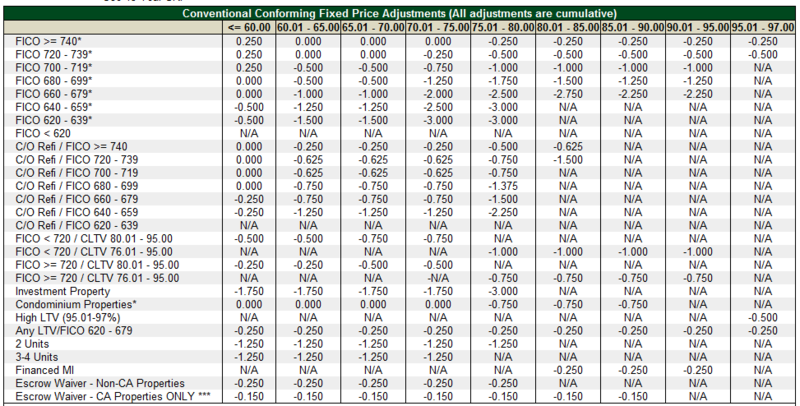 Mortgage rates continue to be very low levels. Freddie Mac has been reporting average interest rates for 30 year at under 4% for the last year with 15 year fixed rates being under 3% for the last six months.
Mortgage rates continue to be very low levels. Freddie Mac has been reporting average interest rates for 30 year at under 4% for the last year with 15 year fixed rates being under 3% for the last six months.
While the Fed works at keeping rates at artificially low levels, Congress is considering increasing the guarantee fees to new conventional mortgages to help fund programs that have nothing to do with Fannie Mae, Freddie Mac or even the housing recovery. The guarantee fees (aka g-fees) are factored into the pricing of a mortgage rate. FHA mortgage loans are also becoming more expensive in 2013 with the increase of mortgage insurance premiums.










Recent Comments